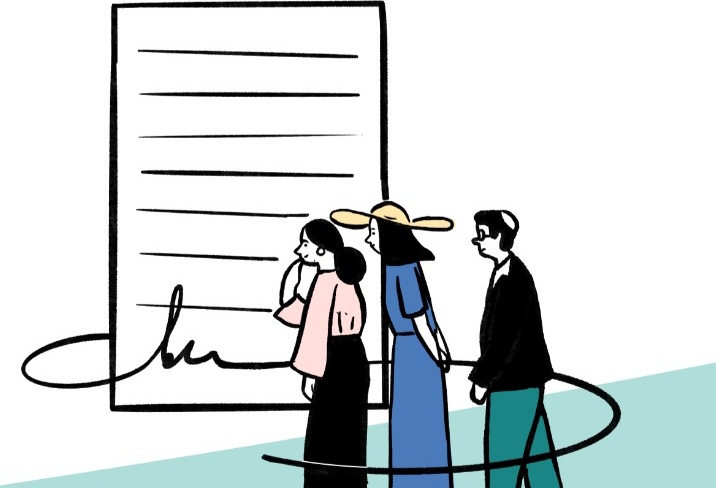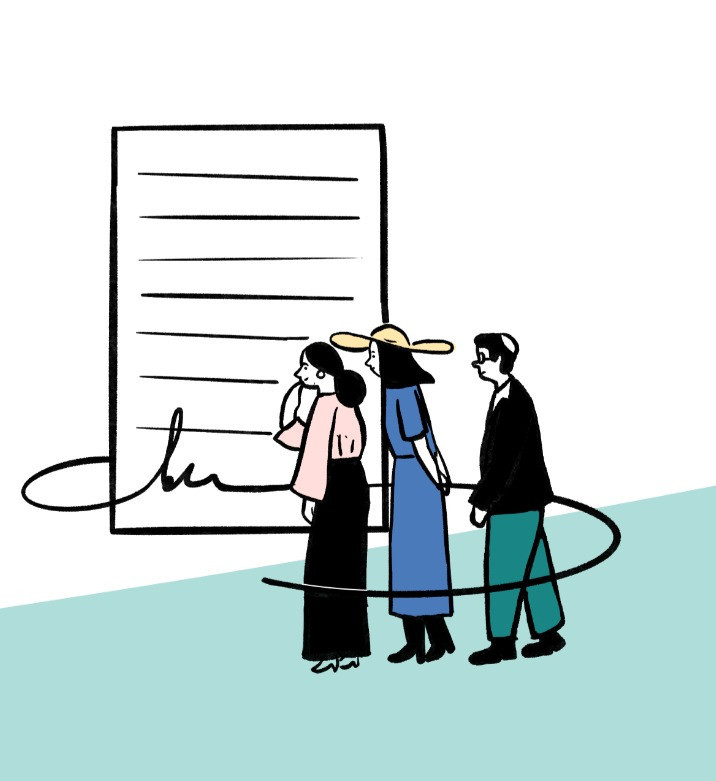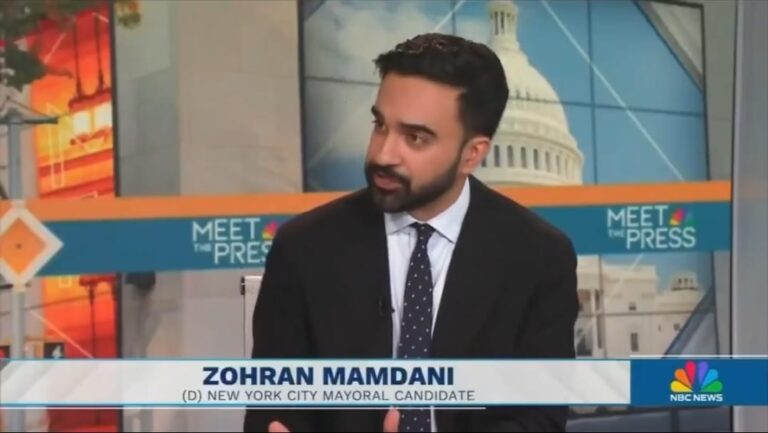Can you avoid inheritance battles by writing an earlier will?
“I’ll write it later,” many people say. But once you’re 60, rabbanim and experts agree that you should start planning your estate NOW. Why?
1. Defy doubt
60 is young. You’re vibrant, you’re healthy, you might not have even retired yet. And that’s why you’re ideally situated for this important task.
Not just because you need all your wits to create a good plan, but because you bypass the risk of people questioning your decisions. If you wait until later, someone may think:
He’s biased — Chaya takes him to every single doctor’s appointment.
He’s not as sharp as he used to be.
He suddenly spends time with this rav he never cared about before.
Yossi is so powerful, he definitely influenced Tatty’s decision to leave him the business.
Estate planning must happen before you’re dependent on anyone. At 60, everyone knows you’re still in your prime, so they trust your decisions.
2. Anticipate the unexpected
Age can hit suddenly, unpredictably. Illness or tragedy can strike without warning. You want to make sure you leave your family set, no matter what happens.
Without a will in place, civil law takes charge — often conflicting with halacha. Law could mandate a 50/50 split between wife and children, while according to default halacha, sons inherit most.
And your family is left to argue it out between themselves:
Who gets what?
Do they follow halacha or civil law?
Whose rav do they follow?
What if different children’s rabbanim give different answers?
What they decide on is often not what you would have wished. And your children are forced to make — and agree on! — critical decisions on their own. The strain is severe, even for the closest families.
3.Prepare it together
Planning your estate can be uncomfortable even under the best circumstances. Facing it alone, when you’ve already lost a beloved spouse (especially if that spouse was in charge of legal and financial arrangements) makes the task infinitely more challenging.
Planning with a spouse means you have a partner. Someone to talk it through with, to play devil’s advocate, to take over practical details. They can serve as emotional support. In a task as multifaceted as planning your estate, two heads are so much better than one.
4. Plan with clarity
So if planning early avoids these problems, why wait until 60? Why not start at 50, or even 40?
Truthfully, every parent should have a basic will in place — it’s a protection for your children just in case, and you can adjust over the years as needed. In fact, having a living document that’s clearly intentional adds validity to your final will.
But sometimes, family dynamics are not quite settled when you’re younger. Children are still growing up or getting married. You don’t have a clear grasp on their financial situation. Or yours. Creating a proper estate plan isn’t possible… yet.
For the most part, at 60 your financial realities are clear. You have a good grasp on your children’s personalities (who is and is not the type to take over the business), finances, and their relationships with each other.
You have all the knowledge you need to write a plan that’s fair, effective, practical — and keeps your family together.
How to start
That’s where Odenu comes in. We worked with a team of dayanim, lawyers and accountants to develop a guide on the most common mistakes everybody makes, and what to do to get your will right.
In it you’ll find:
-
4 steps to your friction-free plan: Where to start and what’s crucial to include
-
The most common mistakes and how to prevent them
-
Practical things you can do to leave a will that’s clear and valid
Already 60? Go to odenu.org and download your free guide to leaving a legacy of peace.
Because when your will is clear, legal & halachic, and uncontestable, you give your children the greatest posthumous gift: each other.
Odenu is a non-profit on a mission to normalize estate planning and discussions, and to make them happen earlier. So death draws family closer together, not further apart.
For more information, resources or to get in touch, visit odenu.org.












